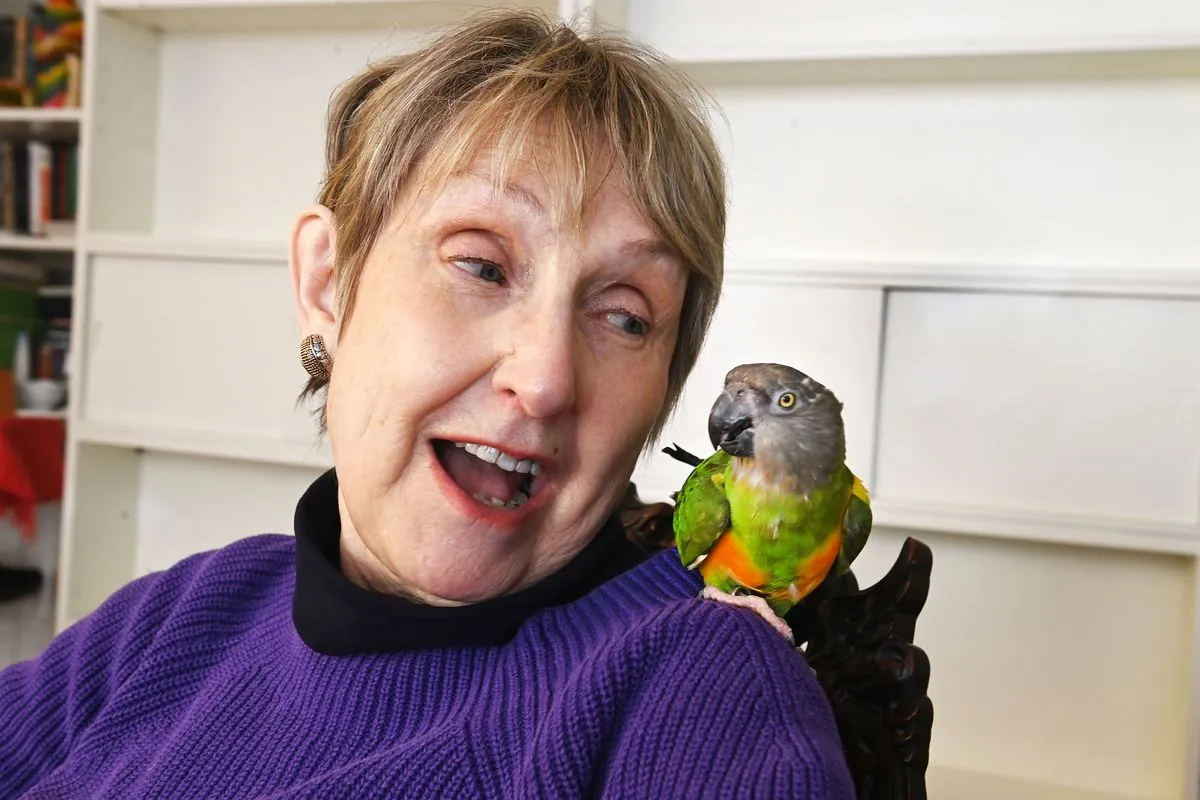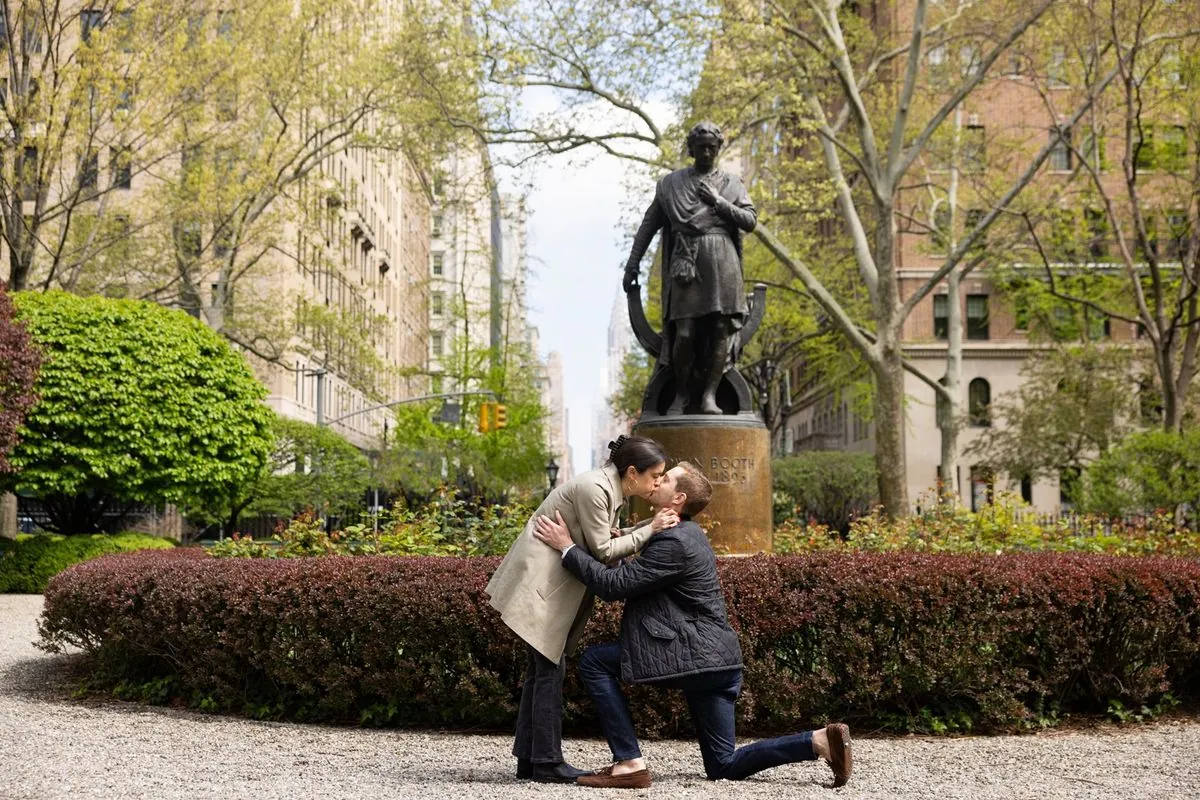Manhattan Woman Wins $750,000 in Emotional Support Parrot Case
A New York woman facing eviction over her emotional support parrots has been awarded $750,000 in a landmark federal housing case. The settlement includes damages and the value of her apartment.

In a groundbreaking case, a Manhattan resident has secured a substantial settlement over a dispute involving her emotional support parrots. The woman, Meril Lesser, will receive $165,000 in damages and $585,000 for her apartment, totaling $750,000, as part of a consent decree announced by federal prosecutors.
The case originated in the Rutherford, a 175-unit cooperative apartment building in Manhattan's historic Gramercy Park neighborhood. Lesser purchased her apartment in 1999 and resided there with her three parrots: Layla, Ginger, and Curtis. However, tensions arose in 2015 when neighbor Charlotte Kullen began complaining about noise from the birds.
Despite 15 inspections by the New York City Department of Environmental Protection, no evidence of excessive noise was found. An inspector's report from February 7, 2016, explicitly stated, "No birds, no screeching — no noise." Nevertheless, the Rutherford board initiated eviction proceedings against Lesser in May 2016, prompting her to sublet her apartment and move out.

In response, Lesser filed a federal fair housing complaint with the Department of Housing and Urban Development (HUD) in 2018. HUD determined there was probable cause to believe the Rutherford had violated Lesser's fair housing rights. When the co-op board chose to proceed to federal court, the Department of Justice was required to file suit.
"This outcome should prompt all housing providers to consider carefully whether their policies and procedures comply with federal law."
The consent decree, approved by a federal judge on August 16, 2024, represents the largest recovery the federal government has ever obtained for a person with disabilities whose housing provider denied them their right to have an assistance animal. This landmark case highlights the importance of fair housing rights and the legal protections afforded to individuals with emotional support animals.
As part of the settlement, the Rutherford must adopt a reasonable accommodation policy for assistance animals and allow federal monitoring of compliance. The co-op board is also required to dismiss the eviction proceeding against Lesser in housing court.
This case underscores the complex intersection of housing rights, disability accommodations, and the evolving recognition of emotional support animals. While emotional support animals are not considered service animals under the Americans with Disabilities Act, they are protected under the Fair Housing Act, which prohibits discrimination against individuals with disabilities in housing situations.
The substantial settlement in this case serves as a reminder to housing providers nationwide to carefully review their policies regarding assistance animals and ensure compliance with federal law. As the concept of emotional support animals continues to gain recognition, cases like Lesser's may shape future housing policies and practices across the United States.


































